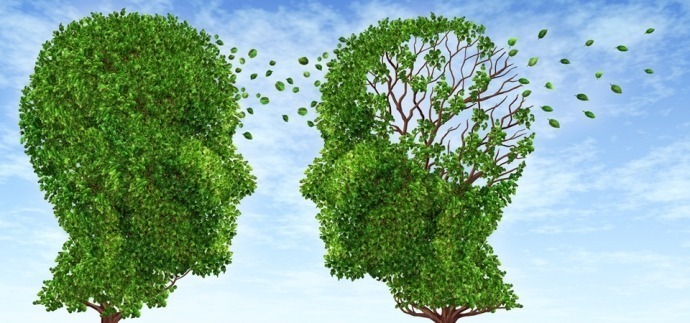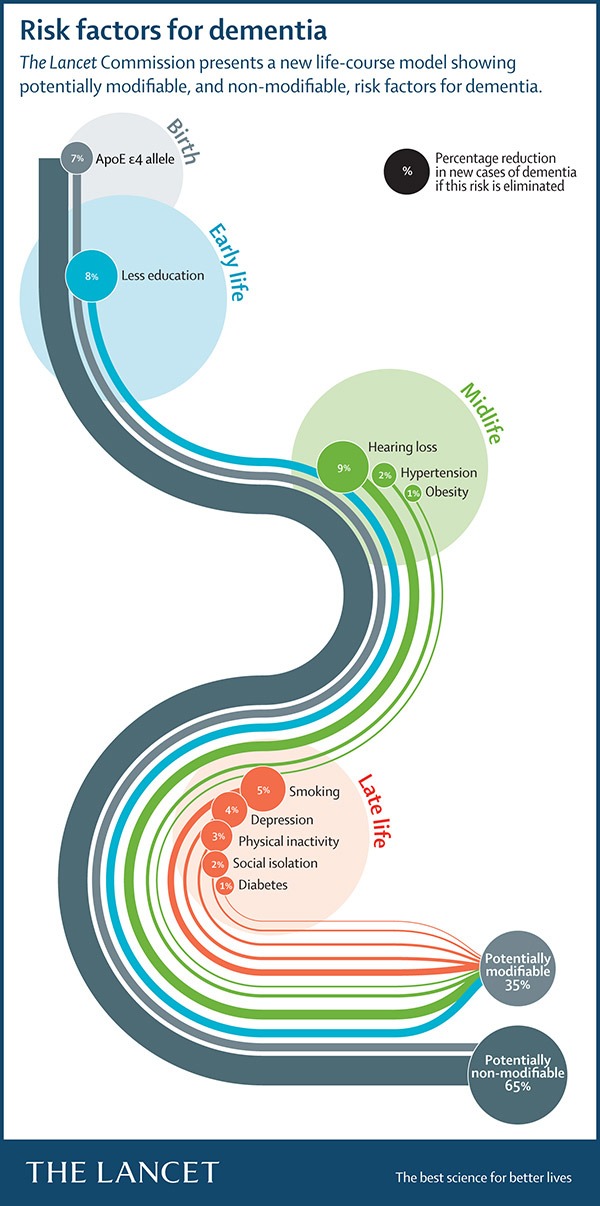Physical exercise doesn’t slow down dementia once it appears, study shows
 ___
___
Exercise ‘doesn’t slow’ progression of dementia (NHS Choices):
“A trial in which people with dementia took part in a moderately intense exercise programme for 4 months found their mental decline did not slow and may even have worsened faster than in people who did not take part in the programme…While the exercise programme did improve people’s physical fitness, at least in the short term, it did not improve their quality of life or ability to care for themselves, or the quality of life of those caring for them.
It’s important to note this does not change what we know about exercise’s ability to protect against dementia. People who exercise more are less likely to get dementia, possibly because it maintains blood flow to the brain.
However, once the brain has been damaged by dementia, exercise may not help prevent further damage.”
The Study:
Dementia And Physical Activity (DAPA) trial of moderate to high intensity exercise training for people with dementia: randomised controlled trial (British Medical Journal):
- Objective: To estimate the effect of a moderate to high intensity aerobic and strength exercise training programme on cognitive impairment and other outcomes in people with mild to moderate dementia.
- Participants: 494 people with dementia: 329 were assigned to an aerobic and strength exercise programme and 165 were assigned to usual care.
- Conclusion: A moderate to high intensity aerobic and strength exercise training programme does not slow cognitive impairment in people with mild to moderate dementia. The exercise training programme improved physical fitness, but there were no noticeable improvements in other clinical outcomes.
The Study in Context:
- Solving the Brain Fitness Puzzle Is the Key to Self-Empowered Aging
- Study: 46.7 million Americans have Alzheimer’s Disease brain pathology today, so it’s urgent to prevent or at least delay progression to clinical disease
- Report: 35% of worldwide dementia cases could be prevented by modifying these 9 modifiable risk factors



